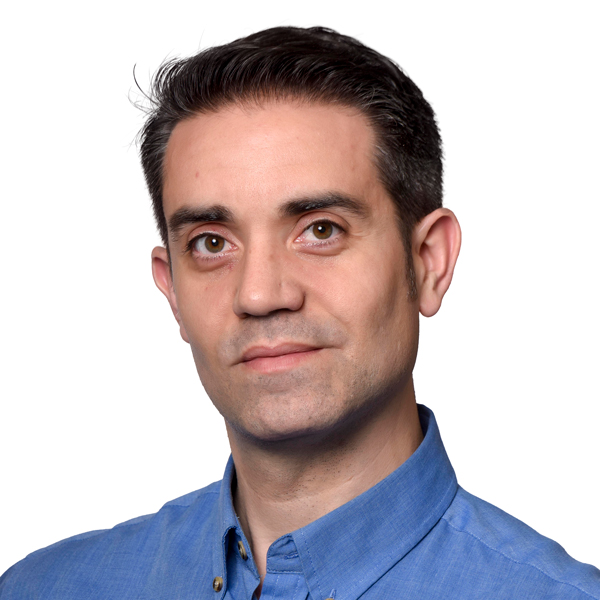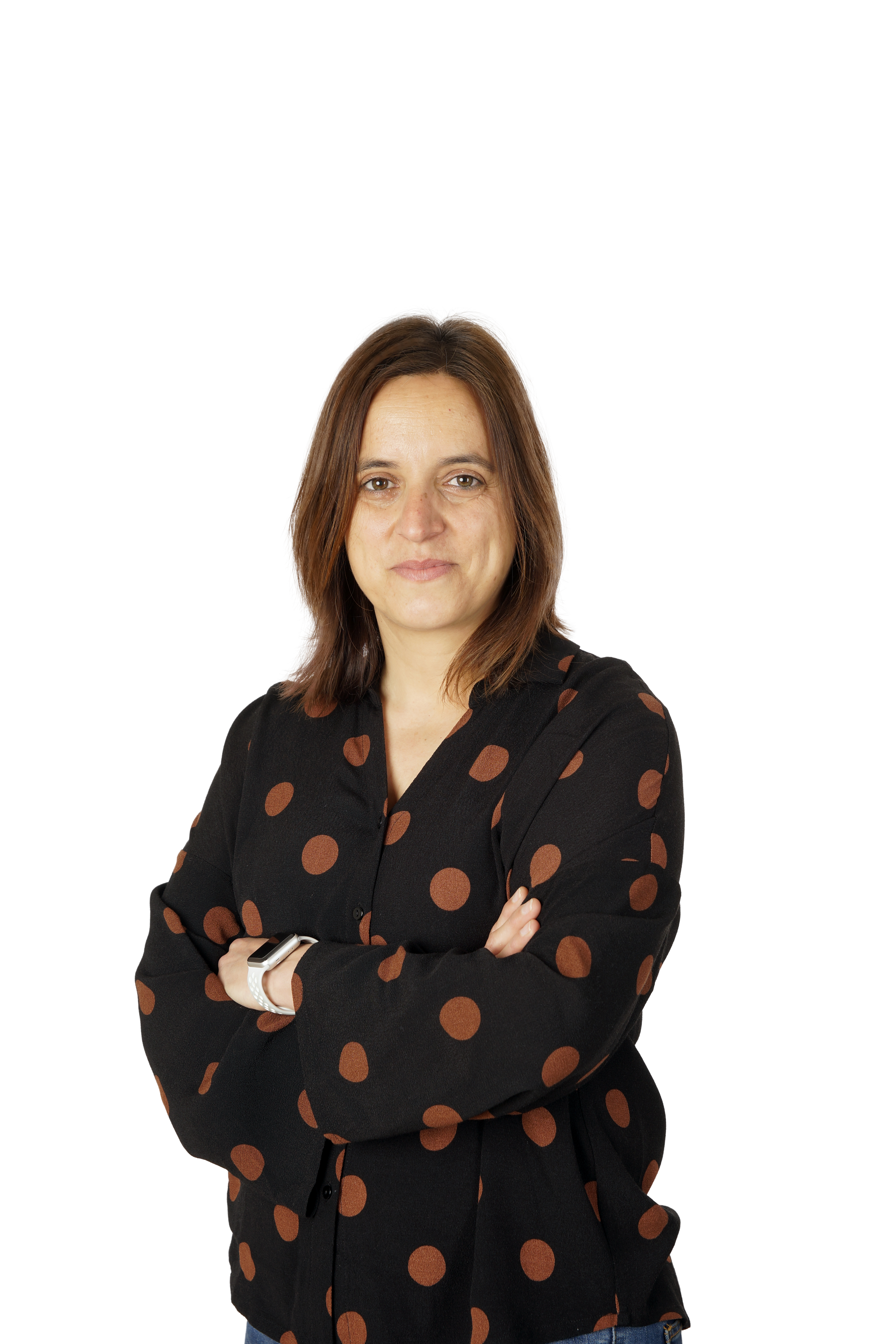The CSIC's new ranking of the most prominent female researchers in Spain features eighteen from the UOC
Subject: Multidisciplinary
The ranking includes 5,600 researchers with a Google Scholar profile
The CSIC has produced this ranking to highlight female talent
An up-to-date Google Scholar profile and authoring articles in the correct format are two key factors for improving search visibility
According to the study entitled [Female Scientists in Figures], 41% of the research staff in Spain are women. However, this proportion is not the same in the STEM disciplines, where they only account for 25%. The report also concludes that female researchers are leaving research careers earlier or progressing at a slower pace than their male peers. In order to highlight female talent, the Spanish National Research Council (CSIC) has published a new ranking of Spanish and international female researchers working in Spain's research centres and universities who have a public profile on Google Scholar. The 5,600 authors listed include 18 from the UOC.
The list shows who are the most cited researchers to date based on indicators from one of the major databases for academic content, Google Scholar. The profiles are ranked by index, and the total number of citations was taken into account as a secondary criterion in cases of a tie. According to Isidro F. Aguillo, an expert in the evaluation of science and the ranking's editor, "this study aims to enhance the visibility of the work done by female researchers and is part of the CSIC's policies for equality and diversity. It is a step towards transparency and an effort to publicize the contributions made by our female researchers."
The female experts at the UOC
These are the UOC's female researchers who appear in the ranking.
- Anna María Delgado García link opens in a new window
Principal investigator in the Taxation, Labour Relations and Business (TAXLABOR) group and full professor of Financial and Tax Law of the Faculty of Law and Political Science.
Elisenda Ardèvol link opens in a new windowResearcher in the MEDIACCIONS (Digital media and culture) group of the Faculty of Information and Communication Sciences and full professor in the Faculty of Arts and Humanities.
Ana Jiménez Zarco link opens in a new windowResearcher in the ICT interdisciplinary research group (i2TIC) of the Faculty of Economics and Business, where she is also a faculty member.
Julie Wilson link opens in a new windowResearcher in the New perspectives on tourism and leisure group (NOUTUR), associate dean for research and member of the Faculty of Economics and Business.
Mercè Boixadós Anglès link opens in a new windowPrincipal investigator in the Psychology, Health & the Net group (PSiNET) of the eHealth Center and member of the Faculty of Psychology and Education Sciences.
Mireia Fernández Ardèvol link opens in a new windowResearcher in the Communication Networks & Social Change (CNSC) group of the Internet Interdisciplinary Institute (IN3) and professor in the Faculty of Information and Communication Sciences.
Montse Guitert Catasús link opens in a new windowPrincipal investigator in the EDUL@B (Education and ICT) group of the Faculty of Psychology and Education Sciences and a member of the same faculty.
Cristina O'Callaghan Gordo link opens in a new windowResearcher and professor in the Faculty of Health Sciences.
- Elena Barberà Gregori link opens in a new window
Researcher and full professor in the Faculty of Psychology and Education Sciences.
Carme Pagès Serra link opens in a new windowResearcher and professor in the Faculty of Economics and Busines.
Inma Rodríguez-ArduraPrincipal investigator of the Digital Business Research Group (DigiBiz) and full professor of Digital Marketing within the Faculty of Economics and Business.
Isabel Ruiz Mallén link opens in a new windowResearcher in the Urban Transformation and Global Change Laboratory (TURBA Lab) group of the Internet Interdisciplinary Institute (IN3).
Alicia Aguilar Martínez link opens in a new windowResearcher in the Food, Nutrition, Society and Health group (FoodLab) and associate dean and member of the Faculty of Health Sciences.
Àgata Lapedriza link opens in a new windowResearcher in the Artificial Intelligence for Human Well-being group (AIWELL) of the Faculty of Computer Science, Multimedia and Telecommunications and a member of the same faculty.
Cristina Cano link opens in a new windowResearcher in the Wireless Networks (WiNe) group of the Internet Interdisciplinary Institute (IN3).
Lourdes Guàrdia link opens in a new windowResearcher in the Education and ICT group (EDUL@B) of the Faculty of Psychology and Education Sciences, of which she is a faculty member and associate dean for teaching.
Gisela Grañena Gimeno link opens in a new windowResearcher in the TechSLA Lab of the Faculty of Arts and Humanities.
Mayo Fuster MorellResearcher in the Digital Commons (DIMMONS) group of the Internet Interdisciplinary Institute (IN3).
The importance of the correct authorship format for your article
The CSIC list, which is part of the Ranking Web of Universities, only includes authors who have a single Google Scholar profile which includes their UOC email address.
Research staff can improve the positioning of their articles by having a Google Scholar profile with an up-to-date list of publications, and correctly identifying their research with a unique author ID such as ORCID, Researcher ID, Scopus ID or Google Scholar (My Citations). These codes identify your research, and are designed to enhance its visibility and prevent ambiguities over authorship and the consequent dispersion of a single author's scientific production. They also make it easier to keep track of publications and citations received, and save time when linking different scientific databases.
The Library for Research team can provide you with support to help you unify your signature in the various scientific databases and create an ORCID code. You can send us your queries using the form provided in the Publishing with impact service.



